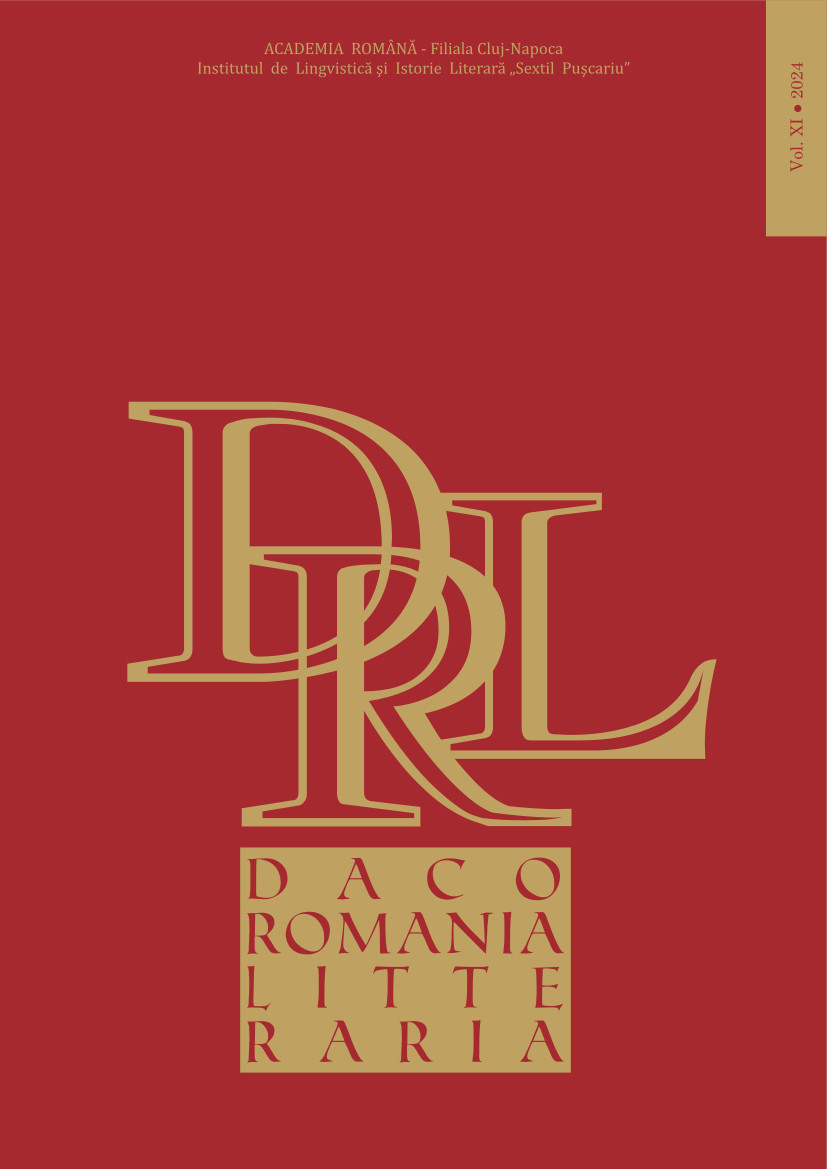Literary Works Generated by Artificial Intelligence: Methodology, Achievements, Dilemmas
Literary Works Generated by Artificial Intelligence: Methodology, Achievements, Dilemmas
Author(s): Constantina Raveca BuleuSubject(s): Philosophy, Language and Literature Studies, Literary Texts, Library and Information Science, Studies of Literature, Theory of Literature, Sociology of Literature
Published by: Academia Română, Filiala Cluj-Napoca
Keywords: Artificial Intelligence; virtual literature; AI literary works; non-human writer; ChatGPT;
Summary/Abstract: The literary works written by Artificial Intelligence represent a bet with the future, but there are already a few notorious achievements in the field whose number keeps growing, along with the increasing amount of questions and dilemmas generated by the phenomenon, divided, for the moment, between the utopian belief of those who hope that AI “authorship” will be endowed with limitless creativity and the rational scepticism of those who believe that AI creation is actually predetermined by the intrinsic limitations induced by the programming mathematics or the computing logarithms. The list of the literary works generated by ChatGPT or RNN (Recurrent Neural Network) is constantly diversifying, covering a quite surprising area of topics, from 1 The Road (2017), a computerised rewriting of the famous novel On the Road belonging to Jack Kerouac, to The Serious: A Proven Divorce, a hybrid, nonsensical text generated in 2019 by the linguistic model char-rnn-tensorflow. We even have a Sci-Fi eschatology model about the various ways Artificial Intelligence can finish our lives (50 Ways AI Would End the World), while another intriguing scenario is The Inner Life of an AI: A Memoir (2022), about the subtle way Artificial Intelligence submerges into its subconscious in order to perform a self-analysis. My paper focuses on technicalities, controversies and validations issued by the classical criteria of the famous “Turing Test”, several of them being recalled in The Day a Computer Writes a Novel, a famous Japanese experiment completed in 2015, which summarizes the adventure of asking a system named GhostWriter to write two literary textssubsequently submitted for the Hoshi Sinichi Prize, a competition open for both human and non-human writers.
Journal: Dacoromania litteraria
- Issue Year: 11/2024
- Issue No: 1
- Page Range: 90-107
- Page Count: 18
- Language: English

